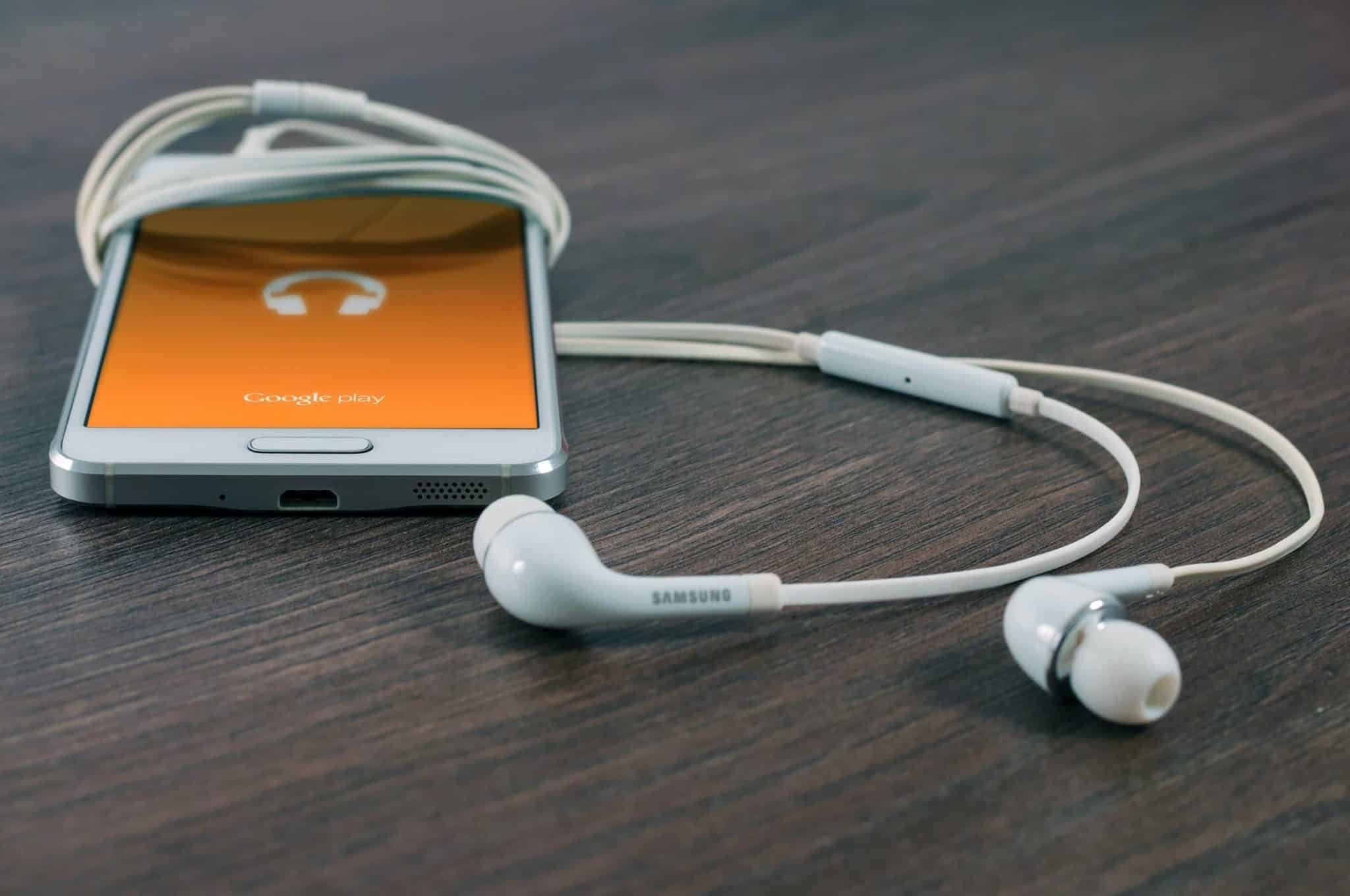Welcome to the latest edition of “ADA in the News,” featuring recent news, updates, events, and rulings regarding the Americans with Disabilities Act.
Making Podcasts Accessible to the Deaf and Hard of Hearing
 A class-action lawsuit has been filed against Gimlet Media for failing to make its podcasts accessible to deaf and hard-of-hearing consumers. The complaint argues that Gimlet is violating the Americans with Disabilities Act (ADA) by failing to provide closed captioning on various podcasts.
A class-action lawsuit has been filed against Gimlet Media for failing to make its podcasts accessible to deaf and hard-of-hearing consumers. The complaint argues that Gimlet is violating the Americans with Disabilities Act (ADA) by failing to provide closed captioning on various podcasts.
The suit argues that the lack of closed captioning means that deaf and hard-of-hearing people are excluded from the rapidly expanding Internet media industry and from independently accessing podcasts posted on the website.
“Despite readily available accessible technology, such as the technology in use at other heavily trafficked websites, which make use of closed captioning for hard-of-hearing individuals, such as YouTube and Netflix, defendant has chosen to post podcasts without closed captioning, or with limited closed captioning, that are inaccessible to deaf and hard-of-hearing individuals. Without closed captioning, deaf and hard-of-hearing people cannot comprehend the audio portion of the podcasts on the website.
“By failing to make the website accessible to deaf and hard-of-hearing persons, defendant is violating basic equal access requirements under both state and federal law.”
The plaintiff in this case has filed more than a dozen ADA-related suits over the past few years, including against Lowe’s, Peloton, and the online education site SkillShare.
Podcasts are digital audio (and sometimes video) files available on the internet to either stream or download onto a media listening device. There are a few ways that podcasters can make their content accessible to larger audiences, including:
● Posting content to an accessible website, such as one with compatible with screen reader software, images with alt text, or color contrast between the site’s text and background.
● Providing an accessible media player with adjustable and easily navigated playback options and keyboard controls.
● Sharing a text transcript of the audio content on the podcast website or with each download.
● Captioning video podcasts, including all the spoken dialogue, sound effects, and music, and displaying them directly on the video file during playback.
DeSantis Sued for Not Having ASL Interpreters at Briefings
Florida Gov. Ron DeSantis was sued earlier this month for failing to provide an American Sign Language (ASL) interpreter during his press conferences and televised briefings regarding the coronavirus pandemic and hurricane season.
Disability Rights Florida, the National Association of the Deaf, and a group of deaf and hard-of-hearing Florida residents filed a complaint accusing DeSantis of violating the ADA and the Rehabilitation Act of 1973.
The suit states that “as of March 2, 2020, roughly when the Governor began holding regular press conferences and briefings regarding the COVID-19 pandemic…there have been at least 48 instances in which there was no ASL interpreter present.”
The complaint underscores the critical need for government updates to be provided in a way that is accessible for all viewers. In addition to important testing and personal health precautions, the updates also notified residents of school, work, government, and other closures and re-openings.
ASICS America Settles Disability Discrimination Lawsuit

According to the suit, filed by the Equal Employment Opportunity Commission, a temporary staffing agency assigned a worker with hearing and speech disabilities to work at an ASICS warehouse distribution center.
After the worker completed an orientation meeting, ASICS’s human resources department told her that the company could not employ her due to her disabilities, and failed to engage in the interactive process with the worker to determine whether she could perform the essential functions of the position.
ASICS will pay the former employee $10,000 in back pay and $39,650 in compensatory damages. The company also agreed to review and revise its written policy on disability discrimination and train managers and human resources employees on disability discrimination and reasonable accommodations.
How VITAC Can Help
As the largest captioning company in the country, VITAC works closely with caption clients, viewers, and advocates. Though not all video must be captioned by law, we strongly believe that everything should be as captions provide myriad benefits for all.
Providing accessible solutions – whether it be via captioned content, sign language interpreters, or other reasonable accommodations – not only satisfies ADA requirements but also is the right thing to do. Contact us for more information.




